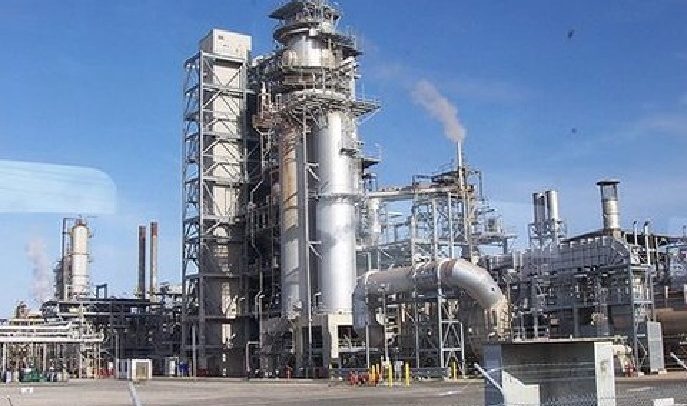The Centre for Environmental Management and Sustainable Energy (CEMSE), which has been following with keen interest the strategic decisions and performances of Tema Oil Refinery (TOR), has denied that the assets have been sold for $22 million as being claimed.
According to the Civic Society Organisation (CSO), “TOR has been a symbol of unrealised potential — a national asset languishing under the weight of debt and political controversy. Recent headlines celebrating a purported $21 million in revenue from terminal operations are monumental and help redefine TOR’s role in Ghana’s economic future.”
This performance, CEMSE maintains, “firmly corrects the long-standing misconception that the sustainability or continuity of strategic government decisions constitutes poor corporate governance.”
“The recent performance is a direct outcome of strategic initiatives set in motion by the previous board and sustained by the current board,” it said.
These measures, CEMSE stated in a statement, “were designed to unlock value from the refinery’s underutilised assets during a period when its core refining operations were dormant. Such key initiatives include engaging with management of Ghana Petroleum Mooring System (GPMS) to restructure dividends on quarterly bases which engendered quarterly cash flows since TOR is a shareholder of GPMS.”
Furthermore, according to the CSO, “the board secured a crucial ‘take-or-pay’ agreement with the Sentuo Oil Refinery for the usage of TOR’s crude oil tanks, guaranteeing income regardless of fluctuating demand. The contract with Sentuo is estimated to yield about $2 million on monthly income.”
Additional revenue streams were activated through loading rack fees from third-party petroleum distributors and right-of-way fees for pipelines traversing TOR’s premises, the statement disclosed.
These moves, the statement noted, were part of a broader strategy to reposition TOR as a diversified petroleum logistics hub, a vision emphasised during the tenure of the former board.
By focusing on its vast storage and terminal infrastructure, the previous board created a financial buffer, CEMSE pointed out, adding that “the continuity in strategic direction by the current board and management has proven essential, demonstrating that even without active crude refining, TOR’s assets can generate substantial revenue to support its operational viability.”
The current board, the CSO admonished, “must take cue from the previous board in getting private companies to engage in tolling.
“It is against this backdrop that the transaction with Netoil Energy Ltd must be understood by the current board as a lifeline, and not sale as being speculated in the media.”
A report on the global refining sector by McKinsey & Company highlights that “tolling arrangements can provide a stable, low-risk revenue base for refinery owners, insulating them from market volatility and allowing them to focus on operational excellence.”
The new board, CEMSE concluded, “must learn from the previous boards in getting partnership deals similar but improved deals like the Netoil and Tema Energy Limited that is found in strategic foresight that secured its revitalisation deal. The management of TOR must move beyond the era of political point-scoring and into a new age of pragmatic problem-solving. Like the previous boards, the solution to the company has never been about outright sales nor state sponsorship but a smart and, de-risked partnership that safeguards national interests while leveraging global expertise and for that matter must be emulated by the current board so as to monetise its existing assets without bearing the crushing financial burdens.”
A Daily Guide Report


